Slideshow: Stem Cell Transplants for Blood Cancers

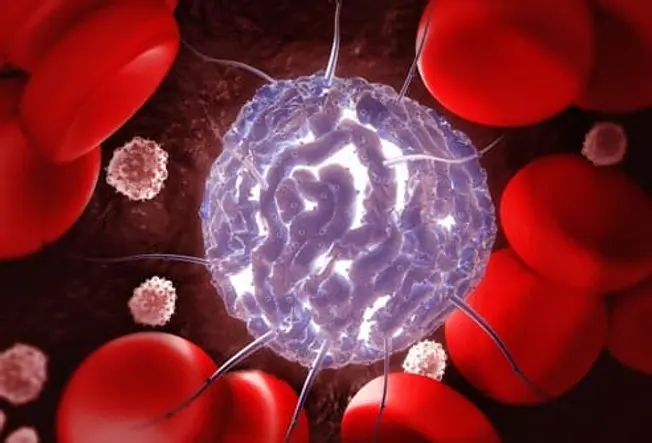
What are Stem Cell Transplants?
Bone marrow and peripheral blood stem cell transplants are ways to treat blood cancers like leukemia, multiple myeloma, and non-Hodgkin's lymphoma. They help restore the body’s ability to make blood cells after high-dose chemotherapy or radiation. As many as 50,000 new transplants are done each year.
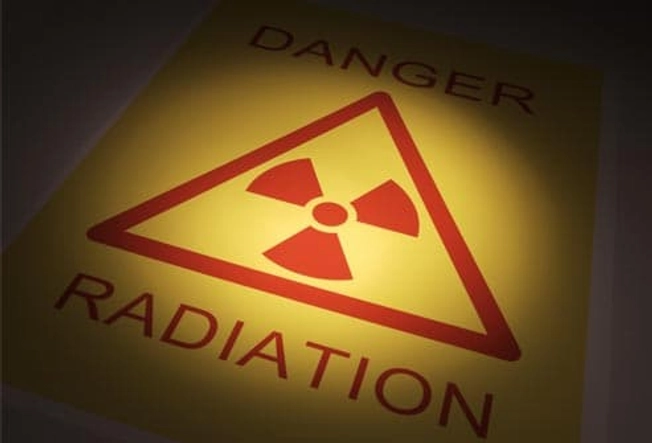
Why Are Stem Cell Transplants Needed?
The high-dose chemotherapy or radiation used to kill blood cancer cells also kills healthy bone marrow. Stem cell transplants help restore the bone marrow’s ability to produce blood cells. In some cases, therapy followed by stem cell replacement cures the cancer.

Transplants Often "Plan B"
Blood cancer treatment usually starts with chemotherapy, either alone or with other drugs and treatments. Experts often disagree about which treatments to use. Stem cell transplants are expensive, risky, and usually recommended when chemotherapy fails. However, some cancer centers are trying stem cell transplants as a first treatment.
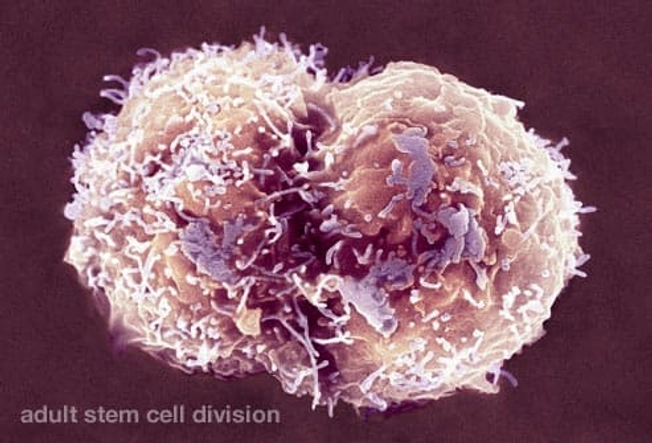
Where do Stem Cells Come From?
Stem cells can come from several places. Bone marrow transplants replace diseased marrow with cancer-free marrow. Peripheral stem cell transplants use stem cells collected from the bloodstream. Transplants can involve the patient’s own cells (autologous) or cells from a donor (allogeneic).
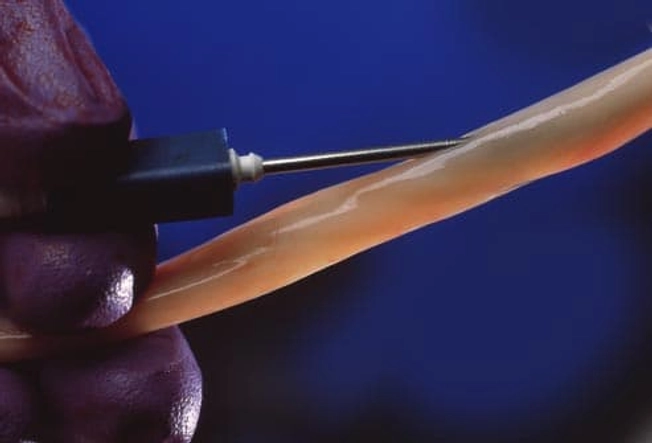
What About Cord Blood?
Stem cells also can come from newborn umbilical cord blood. Some families bank cord blood for future use by that child or a sibling. Families can donate cord blood for public use. Donated cord blood has become a good choice for patients who can't find a close match in their own families.
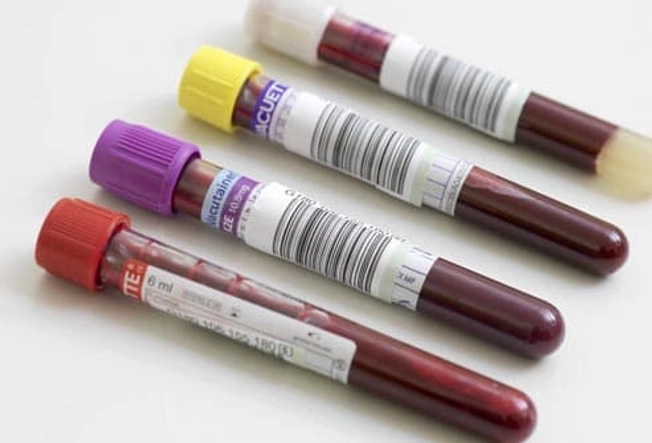
Finding a Match
Some patients can donate their own stem cells. Others must depend on donations from relatives or strangers. Finding a close match is important. There can be problems if the new cells attack the patient’s cells or the patient’s immune system attacks the donor cells. In North America, Caucasians have a good chance of finding a non-related donor, but the odds drop for African-Americans and Asians because fewer people in those groups have become donors.
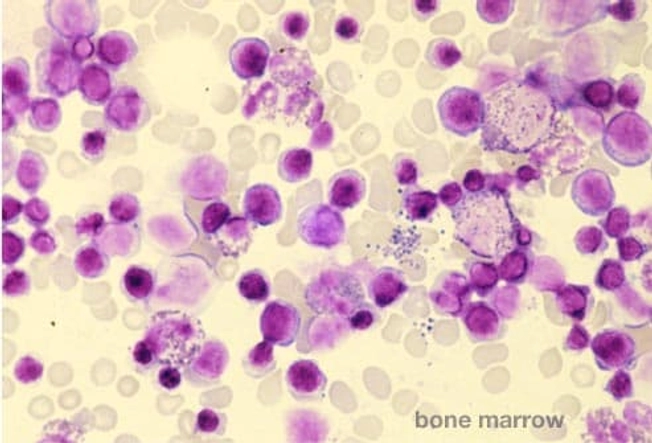
Harvesting Stem Cells
Collecting bone marrow requires placing the donor under anesthesia then using a strong needle to draw marrow from the hip bone. This takes 1-2 hours in an operating room. For several days before donating peripheral blood stem cells, donors take special drug shots to boost stem cell levels in the bloodstream. Then the donor is connected to a machine that filters the stem cells from the donor’s blood and returns the rest.
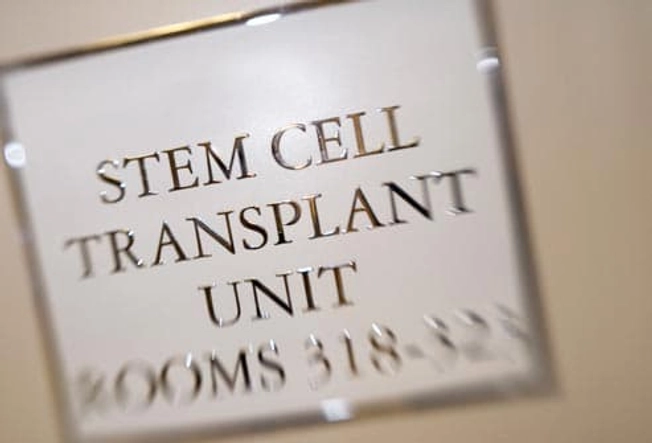
"Mini" Transplants an Option
There's a newer option for older and sicker people who may not be able to handle a traditional stem cell transplant. Mini stem cell transplants, also called reduced-intensity conditioning, can kill some cancer cells. Yet they subdue the immune system enough to let donor stem cells take hold. This requires less intense radiation and chemotherapy but may not work as well at stopping the cancer.
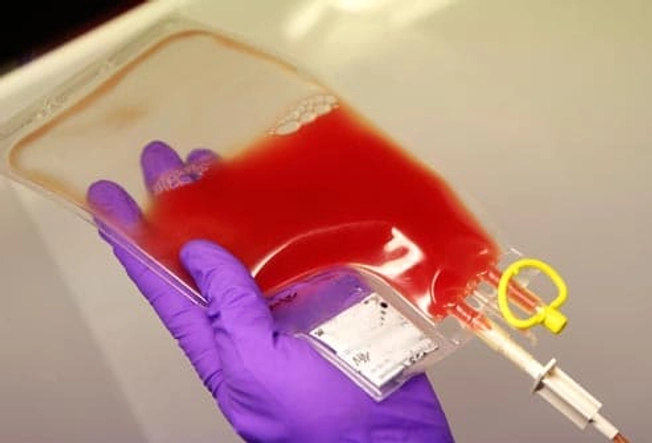
Complex Set-Up, Simple Procedure
Getting ready for a stem cell transplant can be hard -- with many medical tests, trying to find a matching donor, and enduring pre-transplant chemotherapy and radiation. But the actual transplant is surprisingly simple. Doctors inject the cells into the bloodstream through an IV while the patient is awake. This takes 1 to 5 hours.
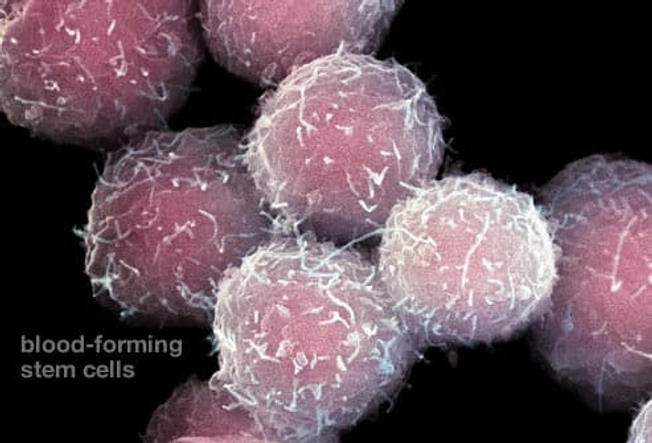
Waiting for Stem Cells to "Take"
After the transplant, patients spend two to six weeks in the hospital waiting for the new stem cells to begin making blood cells. During this time, blood cell counts run low. Patients are closely watched and may get doses of anti-bacterial, antifungal, and antiviral drugs to prevent life-threatening infections.

Recovering from a Stem Cell Transplant
After leaving the hospital, transplant patients may face months of daily or weekly exams. They may get many tests, including blood tests, chest X-rays, and bone marrow tests. During this rehab period, they may have frequent blood transfusions and take antibiotics. They may have regular medical visits for as long as a year, until the immune system works well.
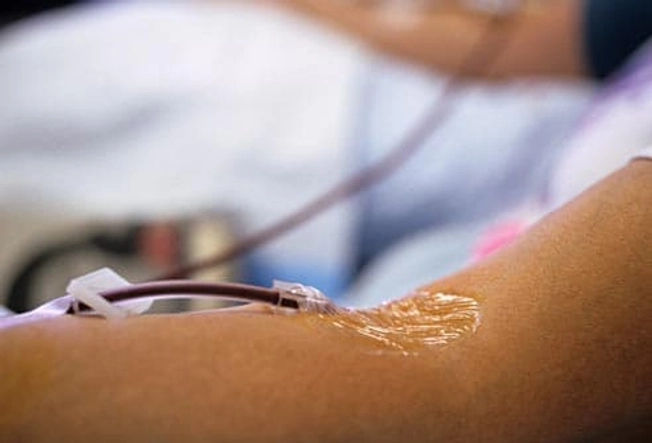
Some Donors Also Need Recovery Time
Bone marrow donation is also a major medical procedure. Donors usually face a few days of soreness in their hips. It takes 4 to 6 weeks for their bodies to replace the donated marrow cells. In rare cases, marrow donors can suffer serious infections or anesthesia complications. Peripheral stem cell donors may face blood clots, catheter-related problems, and side effects from drugs given to boost peripheral stem cell numbers.
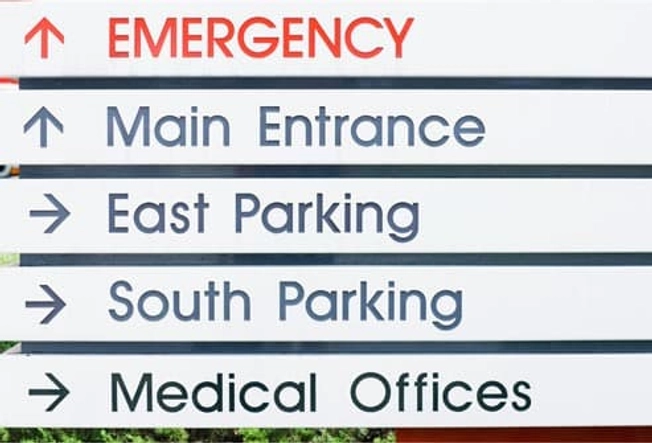
Years of Follow-Up Care
Transplants can save lives. However, many survivors face challenges years later. Problems often are related to the process leading up to the transplant or drugs used during the transplant. These include organ damage, hormone changes, infertility, neurological effects, and other cancers. Research continues on ways to reduce these risks and improve quality of life for blood cancer survivors.